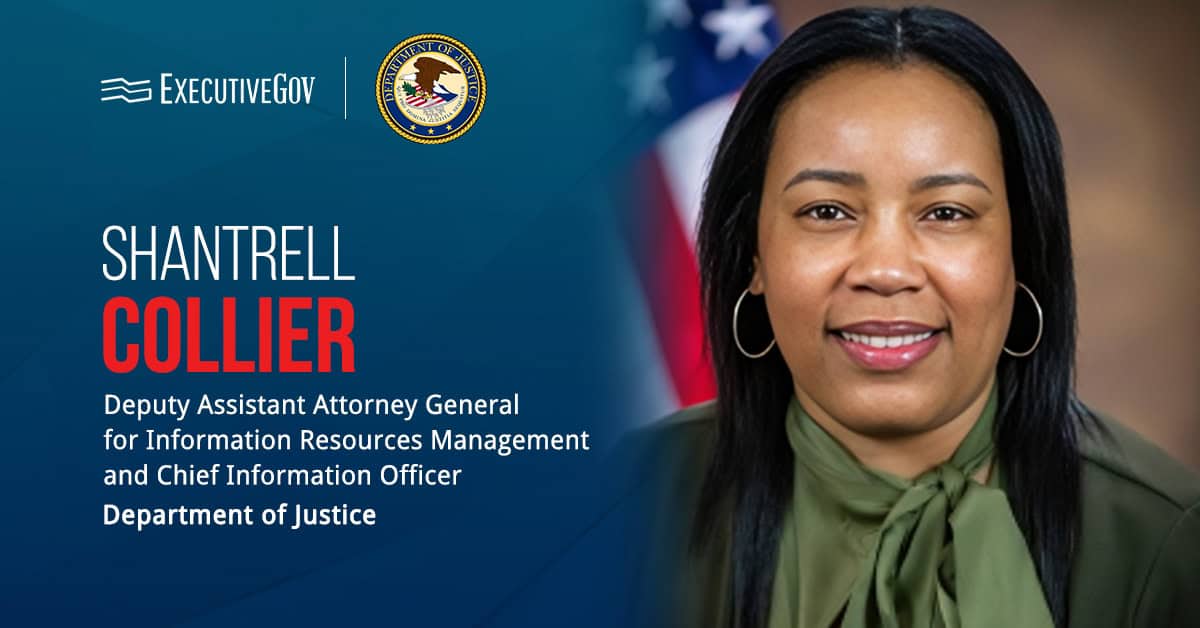
The General Services Administration has announced results of a pilot program designed to gather feedback on the agency's post-award communications.
GSA said Friday its IN-depth Feedback through Open Reporting Methods of INFORM program garnered positive results and feedback on how to better perform post-award communications.
INFORM revolved around the hypothesis that GSA's industrial partners would submit better proposals if given more information on the agency's selection process.
The program engaged with industry to gain feedback on a new INFORM communications model. Industry participants generally preferred the new model over the traditional approach with regard to fairness and information quality.
GSA plans to further expand the INFORM program in April.





